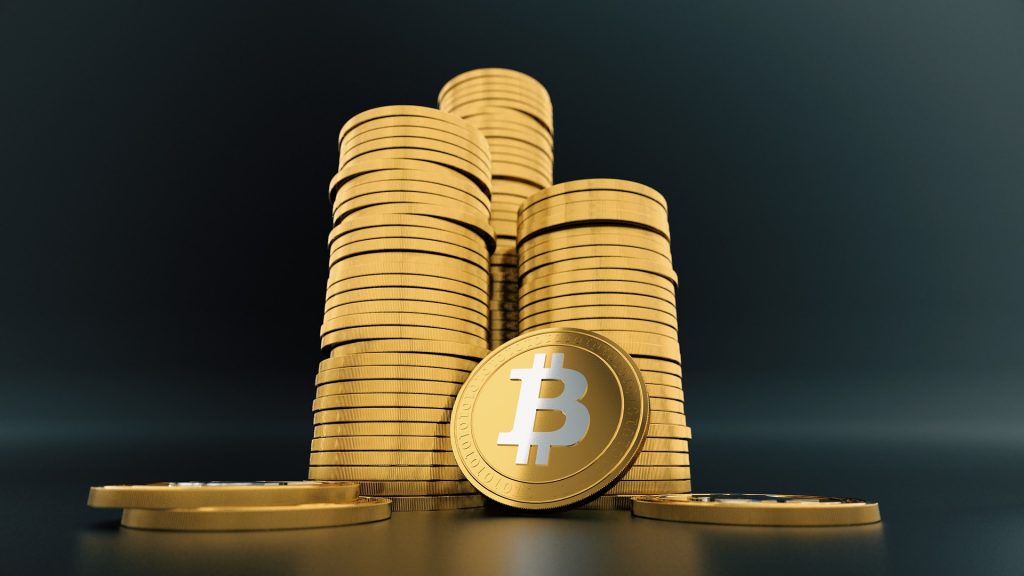It’s a fair question: why should only the wealthy get to ride the unicorn wave? Until Airbnb’s recent initial public offering, moneyed folk who would never consider setting foot in one of its properties could buy in – but actual users of the product could not. The existing setup needs a revamp so that technology can be used to make private securities a mass-market product. Blockchain is one way to meet this demand. For the uninitiated, blockchain, which first emerged as the system underpinning cryptocurrency bitcoin, is a shared ledger of transactions that is maintained by a network of computers on the internet rather than a central authority.
In Korea, for instance, unlisted stock trading services using blockchain technology are in full swing. The financial sector, including KOSCOM and blockchain companies, is launching one service after another. The boost originated mainly after the government released its pilot project and set a framework for fintech companies to conduct experiments under the supervision of regulators. Experts opine that since data cannot be forged or altered on blockchains, this will increase the efficiency of unlisted stock trading. There’s also the prediction that thanks to the safety of unlisted stock trading via blockchains, there might be an increase in investments in startups.
A year into its existence, KOSCOM launched the blockchain-based unlisted stock market platform, ‘Be My Unicorn.’ Its goal is to reduce the burdens of managing shareholder lists of small and medium-sized enterprises and venture startups. Be My Unicorn also increases the trading efficiency of the investors. Moreover, when the ‘Initial’ (a blockchain-based electronic authentication DID (decentralized identification) service) is released, people can use simple logins and electronic contracts on the Be My Unicorn platform.
Similar unlisted stock trade services have popped up in South Korea. These include PSX and Dunamu. PSX now stocks famous unlisted startups the likes of which include Market Curly, Yanolja, and Blocko. Dunamu, on the other hand, plans to automate the entire process of verifying the identity of sellers and buyers. This only means that South Korea’s Over The Counter (OTC) trading market is growing. In 2020, the country’s OTC exchange K-OTC ended with a record-high market capitalization of over 1 trillion won ($1.1 billion) since its launch in 2014! In fact, South Korea’s internet giant Kakao’s blockchain arm Ground X is now storing and verifying unlisted investments as nonfungible tokens (NFTs) on its public blockchain. Information about unlisted shares such as the face value, number of shares, and the shareholder’s name will be recorded on Klaytn, the blockchain developed by Ground X.
This is all interesting considering South Korea is one of the largest markets for blockchain technology. The South Korean government has ambitions to compete with Europe and the United States and has plans to include blockchain-related projects in the national budget for next year. Speaking of Europe, the French government, as early as 2017, opened the way for trading unlisted securities using blockchain digital ledgers. This was done with the adoption of new rules aimed at improving Paris’ image as a center for financial innovation. This means that banks and fintech companies can set up blockchain platforms where unlisted securities can trade instantly, cutting out middlemen like brokers and custodian banks. A major reason for this move is to create another asset for Paris’ attractiveness as a financial center. The French finance sector seeks to put itself on the fintech map, where London currently looms large.


